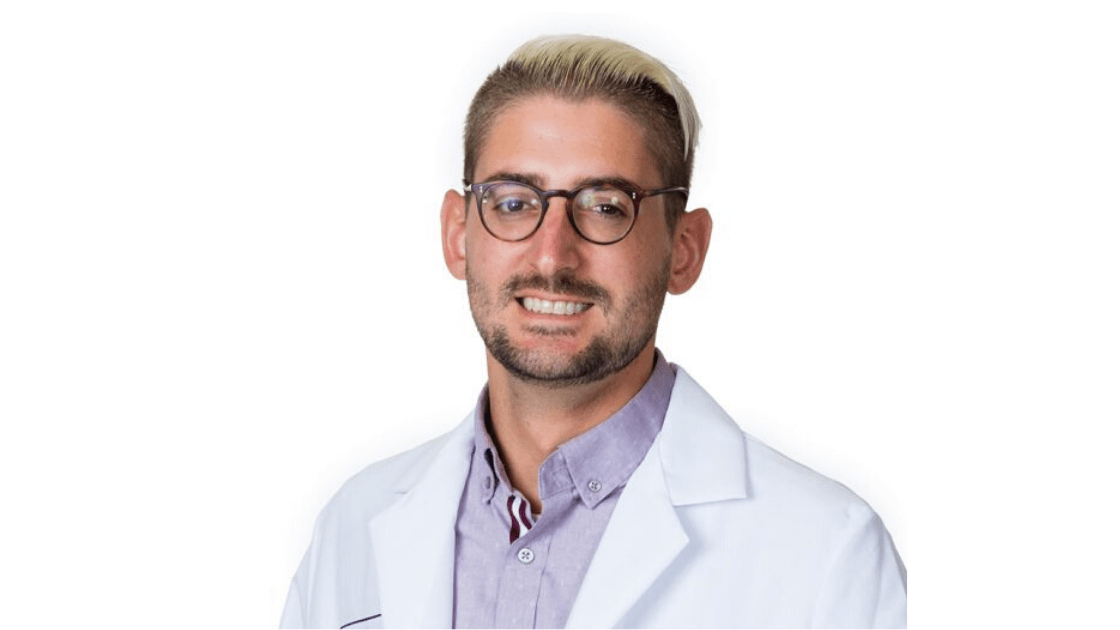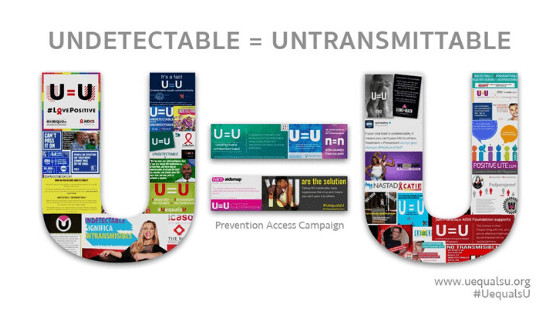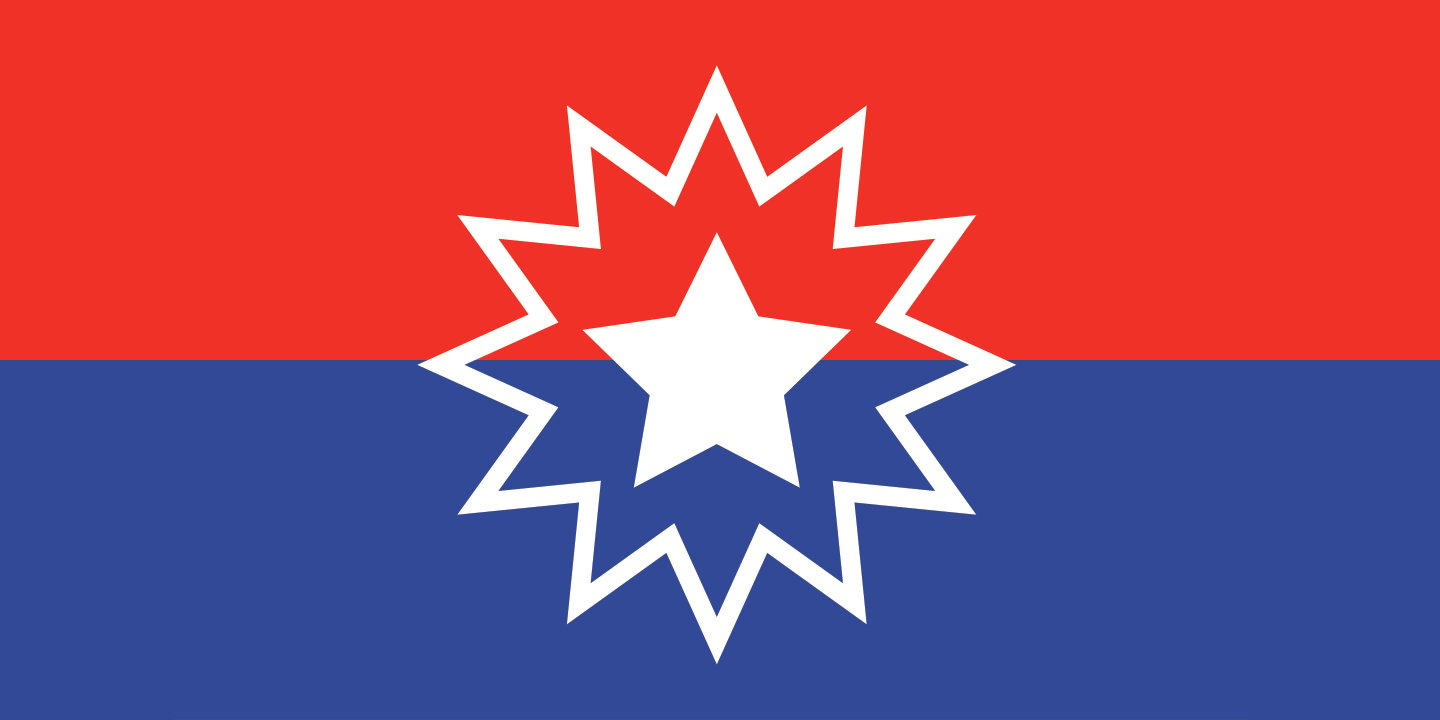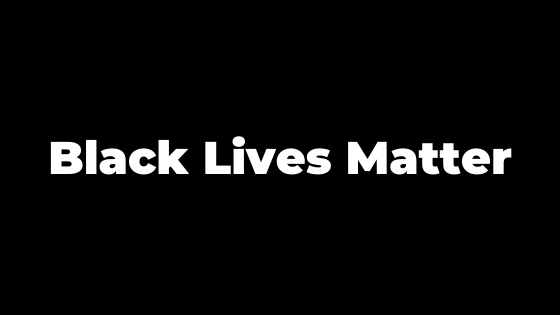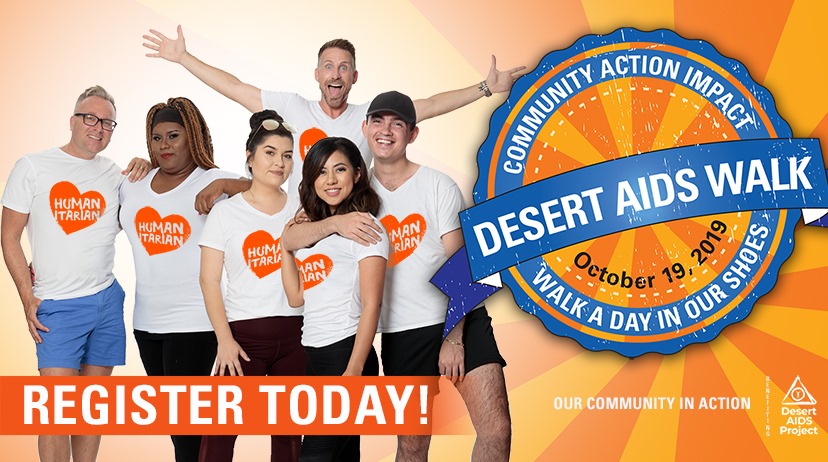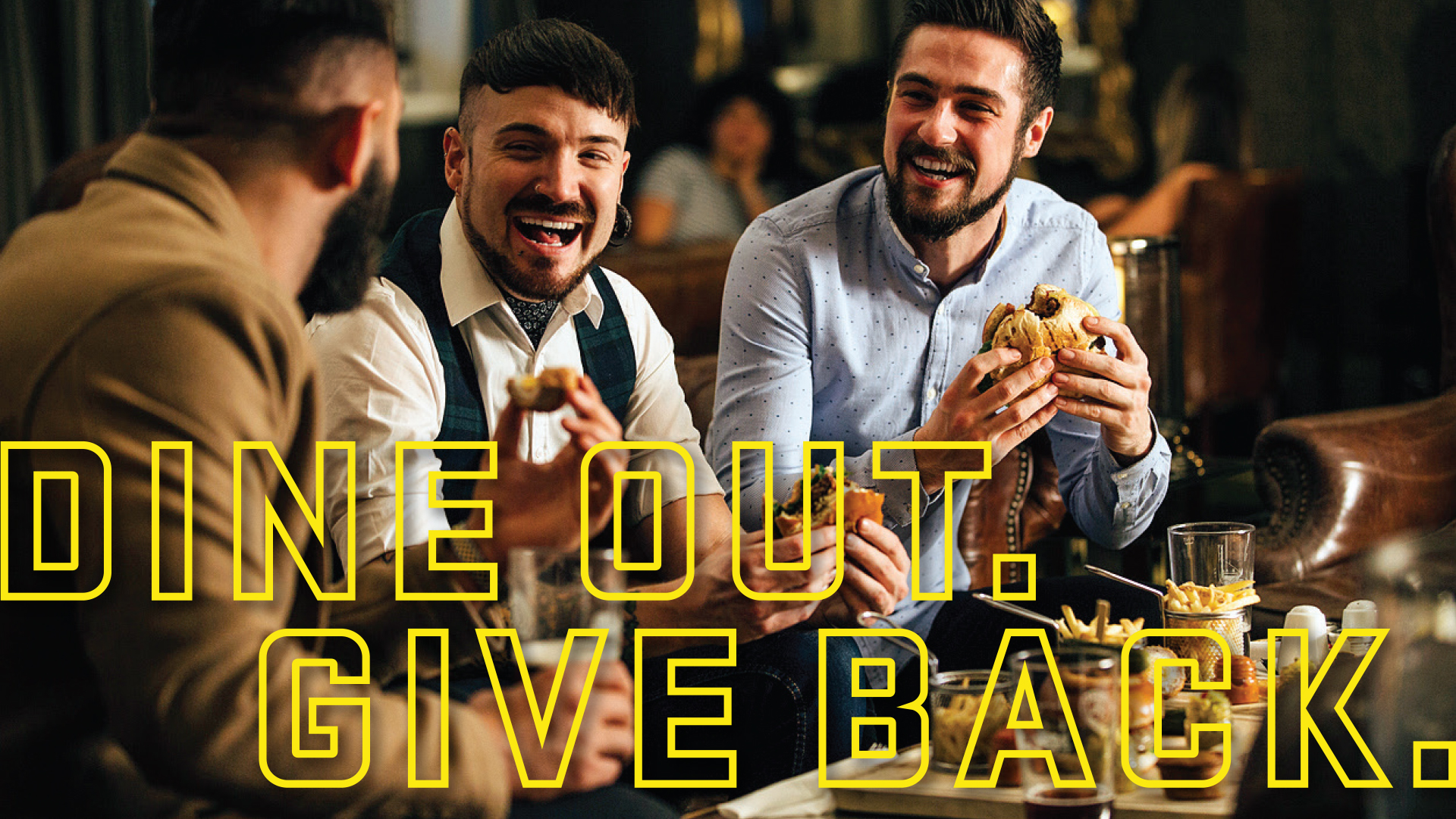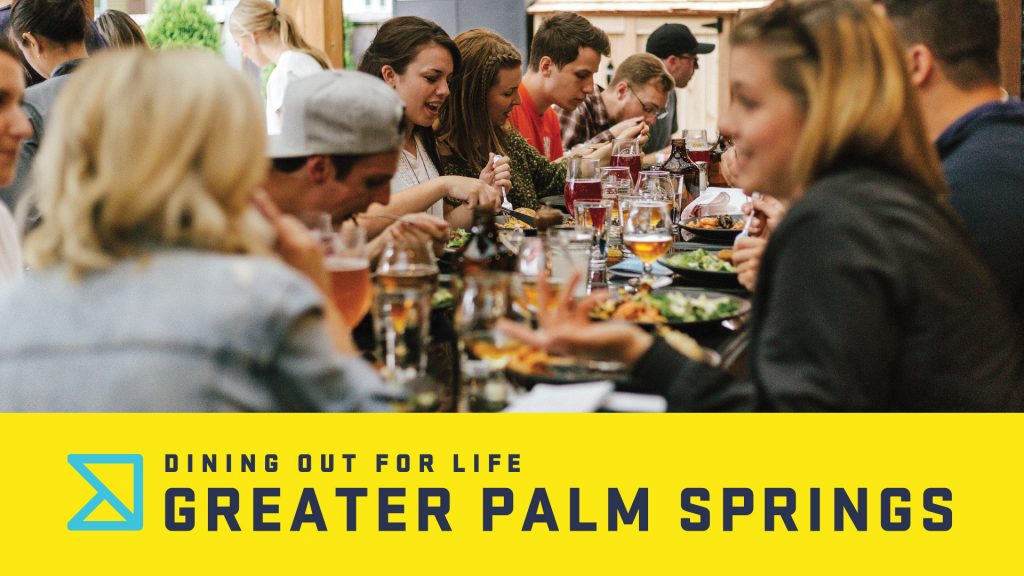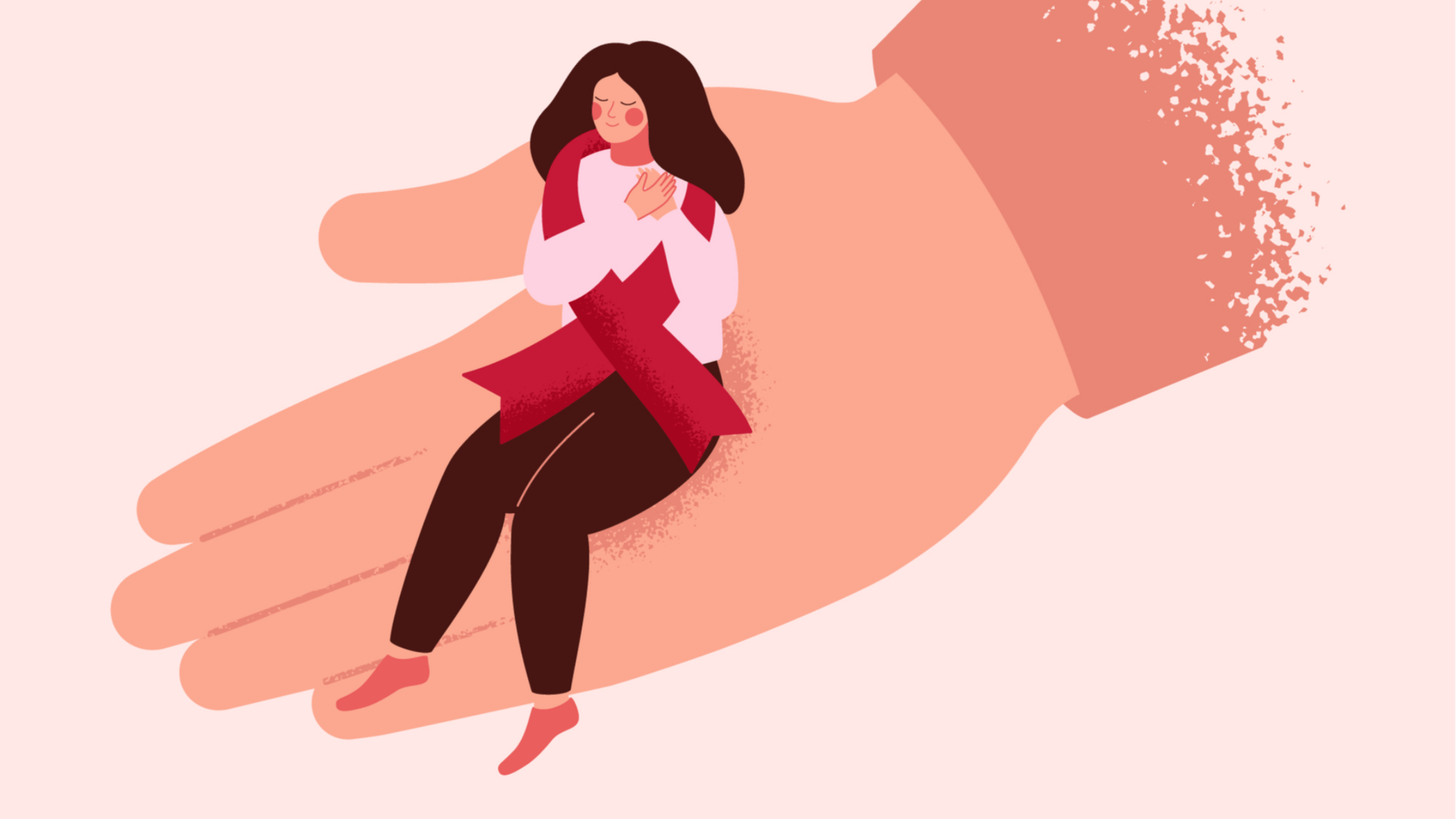
Continuing The Care We Are Known For
Weekend Wrap Message – Saturday, August 8, From David Brinkman, Desert AIDS Project CEO
People With HIV Need Unique Care During COVID-19
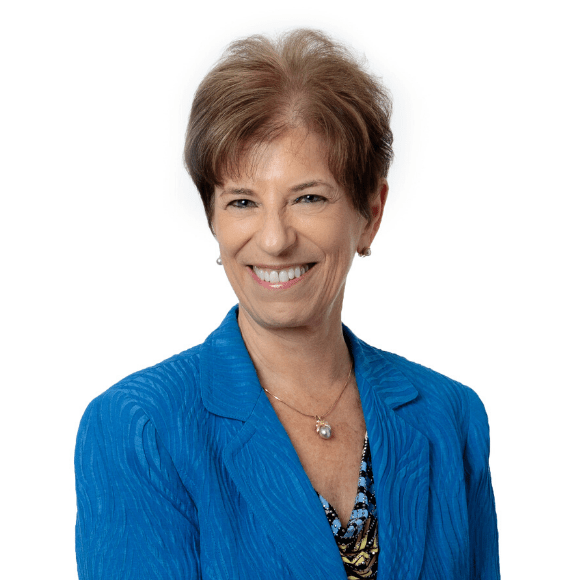
People living with HIV, and especially anyone aging with HIV, need options that keep them continuously in care in spite of COVID. Since the beginning of DAP, our doctors have shared their experience with providers everywhere on best practices for providing excellent HIV care for their patients. When doctors help each other learn, patients always come out on top.
Dr. Jill Gover continued this on a panel by HealthHIV that examined managing HIV during the COVID-19 pandemic. She explored the impact of mental and sexual health on HIV care, based on decades of experience and feedback from the Behavioral Health Department at DAP. You can find out more here.
DAP In The News
Staying On Top Of Sexual Health
C.J. Tobe and his team’s work to tackle the current STI and HIV surges were featured in an article in The Standard. The story also explains the dangerous syndemic nature among HIV, STIs, and HCV, and the work being done by End The Epidemics to keep Californians safer. You can read more here.
Born to Be Film Screening
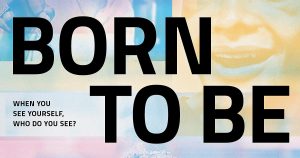
We know our transgender siblings face unimaginable alienation in healthcare settings, and a recent study from UC Riverside researchers in the School of Medicine backs that up. Only 15% of individuals reported it was easy to find a provider with sufficient knowledge and experience on issues related to transgender people. That isn’t the case at DAP, and we’re committed to fighting this stigma by sharing stories of transgender people as they navigate their journeys of transformation.
We’re partnering with the Association of Nurses in AIDS Care - Greater Palm Springs to host a free virtual screening of Born To Be on August 13. It’s a documentary that follows the trans and gender non-conforming individuals who are changing their lives at the groundbreaking Mount Sinai Hospital. Learn more and RSVP at https://bit.ly/BORNTOBE #BornToBeFilm









